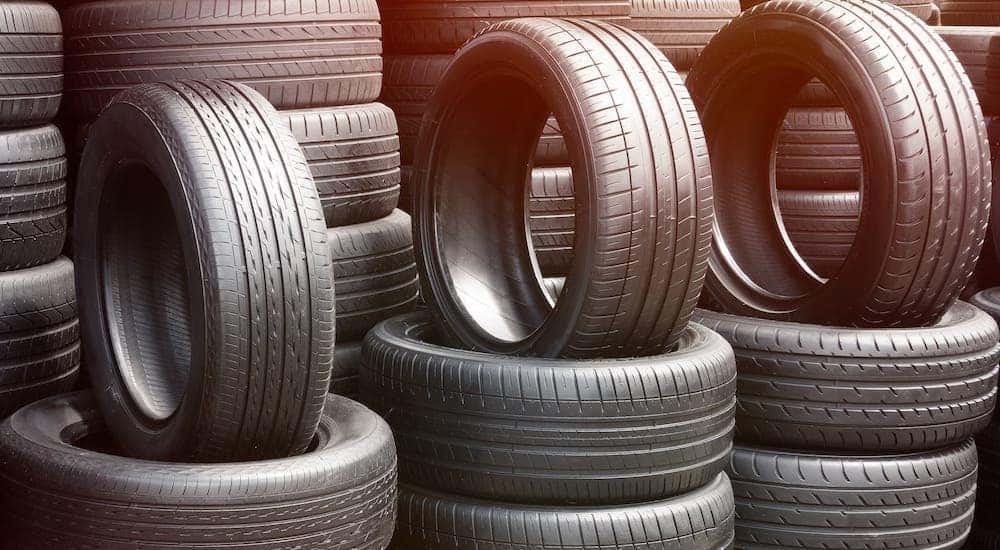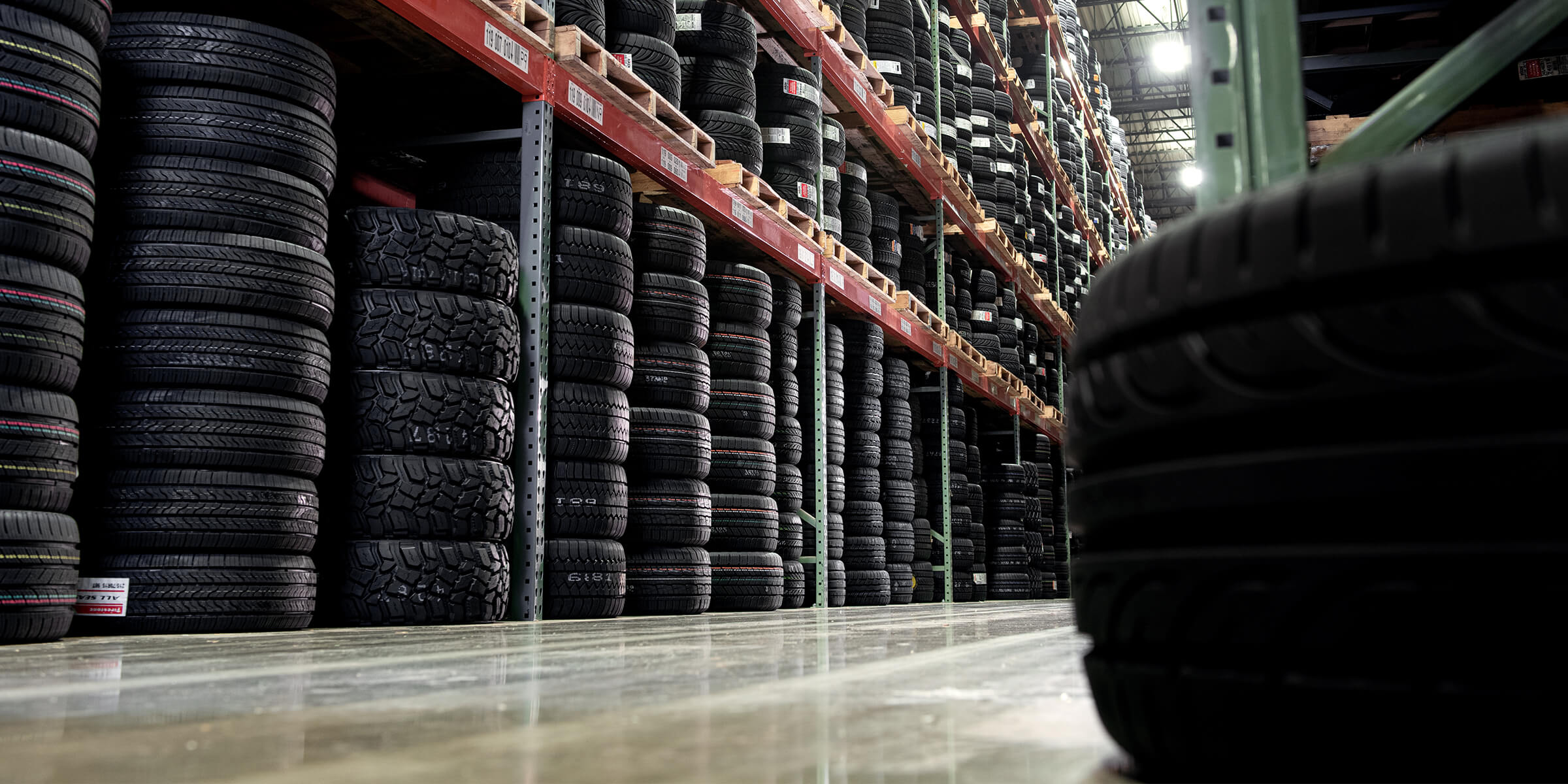Check Out Exclusive Mopar Tire Service Specials in Morris Today
Check Out Exclusive Mopar Tire Service Specials in Morris Today
Blog Article
Tire Service: Comprehending Tire Stress Tracking Equipments
Recognizing Tire Stress Tracking Systems (TPMS) is a crucial element of keeping ideal lorry efficiency and safety and security on the roadway. With developments in auto modern technology, TPMS has become a standard attribute in contemporary lorries, offering real-time details on tire pressure levels.

Relevance of TPMS
The value of Tire Stress Tracking Systems (TPMS) hinges on their capacity to improve car safety and security and efficiency via real-time tracking of tire stress degrees. Maintaining the correct tire stress is vital for making certain ideal handling, braking, and overall safety and security of a lorry. TPMS offers drivers with prompt comments on any type of overinflated or underinflated tires, permitting prompt modifications to be made.
Elements of TPMS
Consisting of different vital elements, a Tire Stress Monitoring System (TPMS) operates as an advanced safety function in contemporary automobiles. The primary components of a TPMS include sensing units, a control component, and a caution indication. Sensing units are commonly situated in the tire valve stem or affixed to the wheel setting up, where they determine tire stress and transmit information to the control module. If it finds substantially low stress in any of the tires, the control module procedures this information and causes a warning. The caution indication, commonly an icon on the dashboard, signals the chauffeur to check the damaged tire or tires. Some progressed TPMS designs additionally display the real tire stress readings for every tire, supplying motorists with real-time info to make sure optimal tire performance and security. By checking tire stress constantly, TPMS helps prevent crashes, decreases tire wear, and boosts gas efficiency, making it a critical part for lorry safety and efficiency.
Kinds Of TPMS

On the other hand, indirect TPMS relies upon the car's wheel rate sensors to check tire pressure. This system discovers underinflation by contrasting the rotational speeds of the wheels. Indirect TPMS is much less pricey than direct TPMS, as it utilizes existing sensing units within the automobile.
While direct TPMS uses extra exact readings, indirect TPMS is easier in design and commonly calls for much less upkeep. Both systems have their benefits and restrictions, and the choice in between them usually relies on factors such as expense, vehicle make, and individual choice. Comprehending the differences between these additional resources two kinds of TPMS can assist car proprietors make notified choices concerning tire upkeep and security.
TPMS Upkeep Tips
Conduct regular checks on the tire pressure levels and contrast them with the TPMS readings to guarantee they are consistent. Throughout tire turning or replacement, make certain that the TPMS components are taken care of very carefully to avoid any kind of potential damage. If the TPMS advising light illuminates on the control panel, address the problem quickly by examining the tire pressures and the general system for any kind of faults.
Advantages of Proper Tire Pressure
Keeping proper tire pressure, as highlighted in TPMS Maintenance Tips, is crucial for gaining the numerous benefits related to optimum tire pressure levels. Among the key benefits of preserving the proper tire pressure is improved fuel performance. When tires are properly inflated, there is less moving resistance, bring about far better fuel economy. Furthermore, correct tire stress guarantees even tire wear, prolonging the life-span of the tires and promoting much safer driving problems. With the i loved this appropriate tire pressure, vehicles also have better handling and traction, specifically in adverse weather condition problems. This can improve overall driving performance and safety and security for the motorist and guests. Maintaining ideal tire stress can add to a smoother and a lot more comfy ride by lowering resonances and sound caused by underinflated tires. Finally, the advantages of appropriate tire pressure surpass simply tire long life; they include enhanced fuel efficiency, boosted safety and security, much better car performance, and total driving convenience.
Conclusion
To conclude, comprehending tire pressure tracking systems (TPMS) is essential for keeping ideal tire stress and making sure vehicle safety and security. By identifying the importance of TPMS, being acquainted with its elements, knowing the various kinds available, sticking to correct maintenance pointers, and understanding the advantages of preserving correct tire stress, chauffeurs can boost their driving experience and prolong the life expectancy of their tires. Proper tire stress is vital to efficient and risk-free lorry procedure.

Report this page